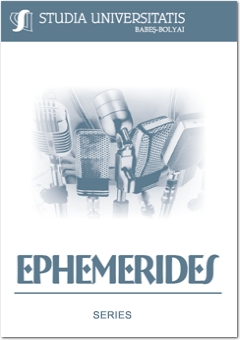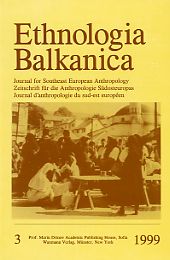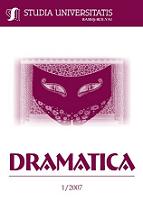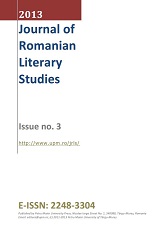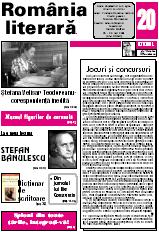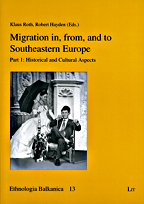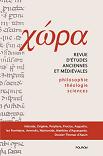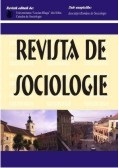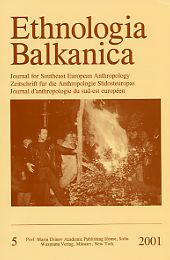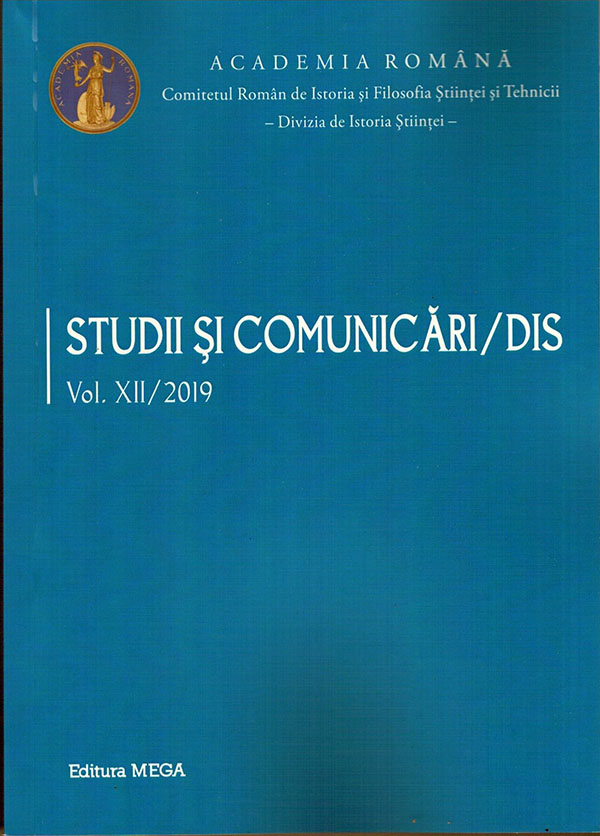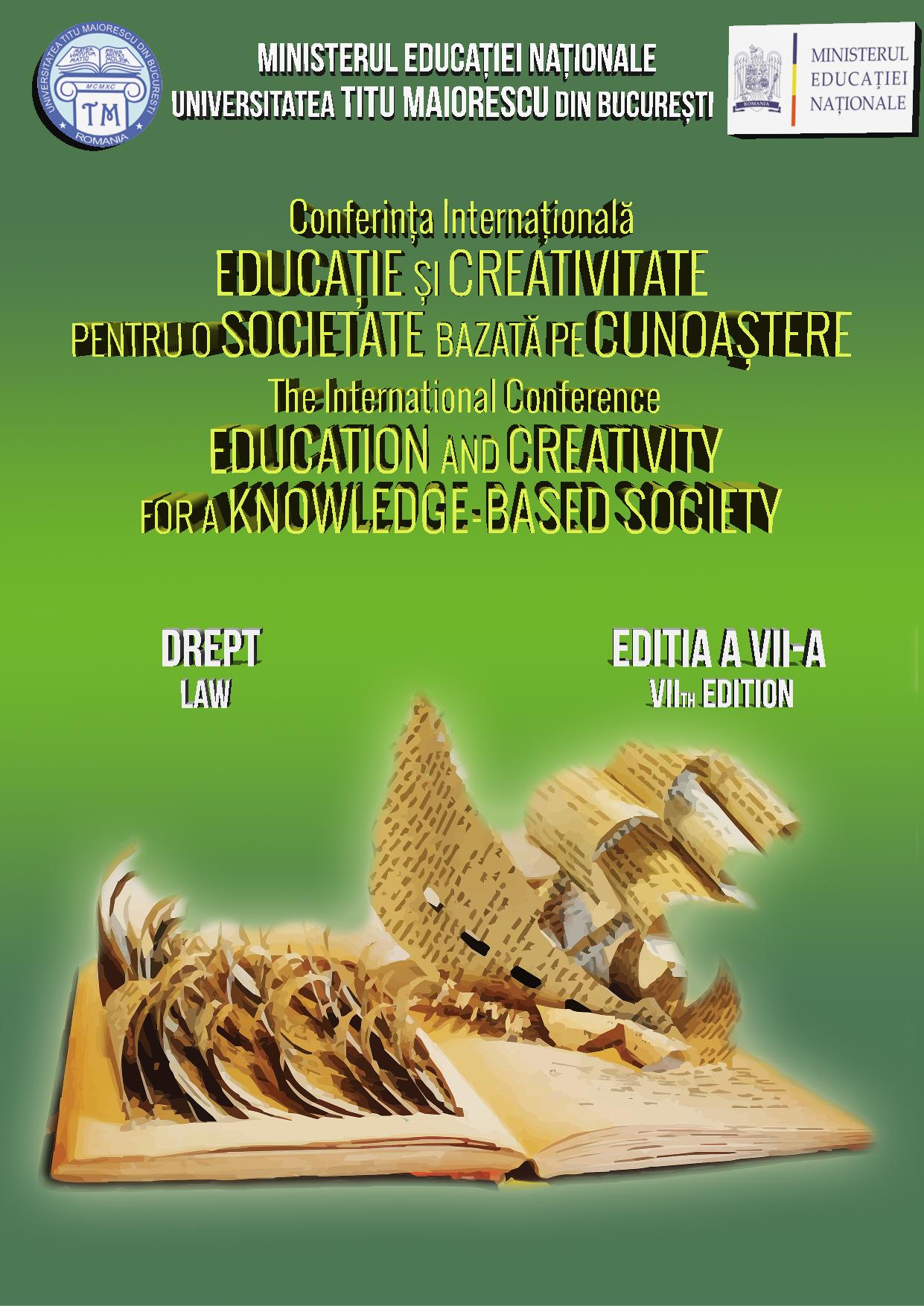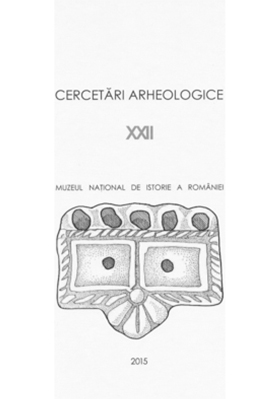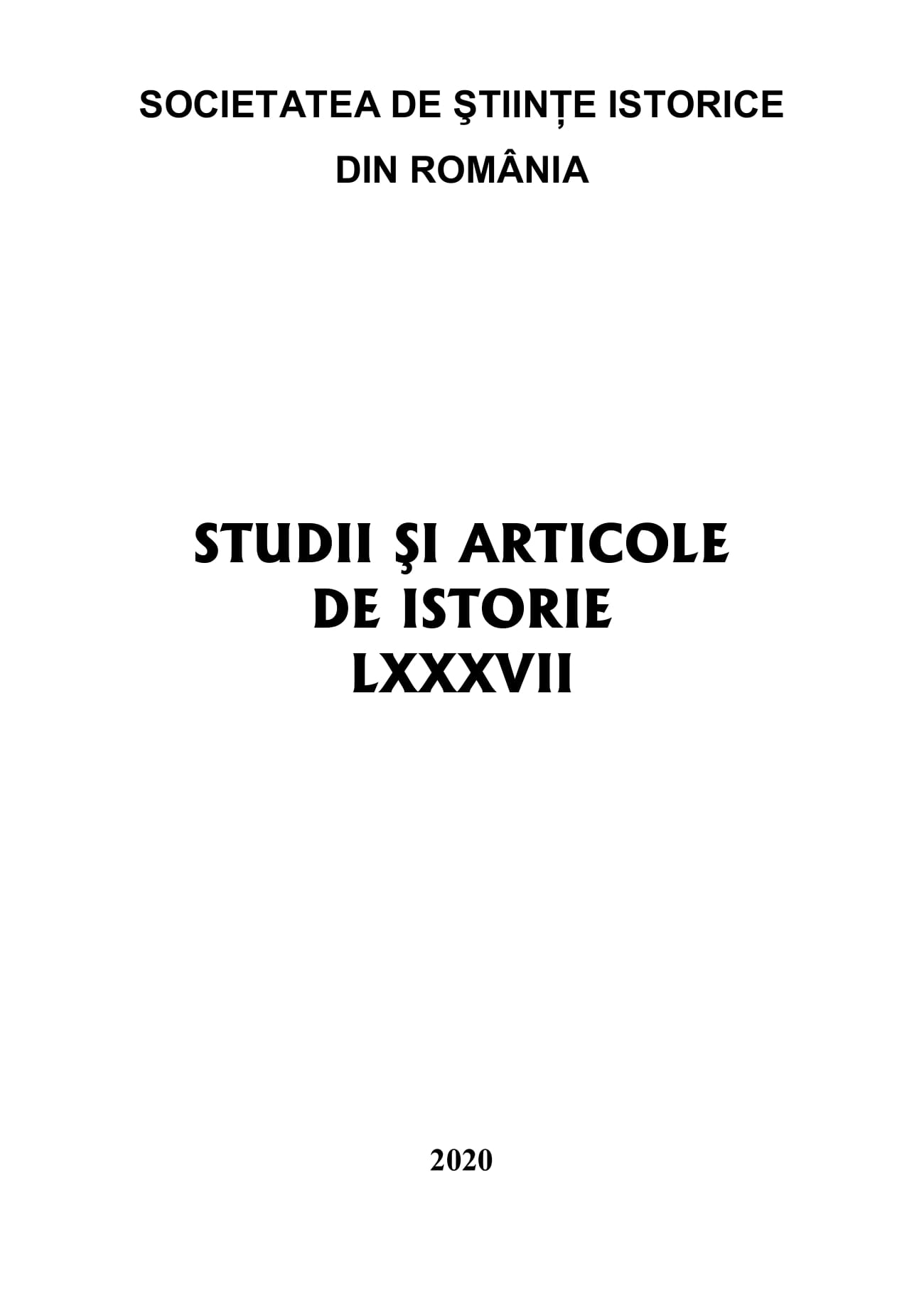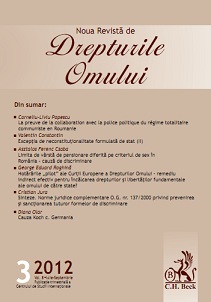
The proof of collaboration with the political police of the totalitarian communist regime
La preuve de la collaboration avec la police politique du régime totalitaire communiste en Roumanie
Keywords: colaborator; Securitate; jurisprudență; prezumția de nevinovăție; Înalta Curte de Casație și Justiție; Curtea Constituțională
Legislația națională privind deconspirarea colaboratorilor fostei poliții politice comuniste prevede că unul dintre mijloacele de probă pentru stabilirea statutului de colaborator sunt notele agenților de securitate ce consemnează în scris declarațiile verbale ale respectivelor persoane. În jurispudența sa constantă, Înalta Curte de Casație și Justiție și Curtea Constituțională au stabilit că în absența oricărei probe directe privind colaborarea cu poliția politică comunistă (angajament de colaborator, note și rapoarte informative, chitanțe pentru sumele de bani încasate etc., scrise și/ori semnate de persoana în cauză) nu este acceptabil ca statutul de colaborator să fie atribuit exclusiv pe baza notelor întocmite de agenții Securității. Este evident că, prin această alegere, nu vor fi deconspirați unii veritabili colaboratori ai Securității, în ciuda probelor directe, chiar știindu-se că ar fi perfect posibil ca anumite rapoarte ale ofițerilor de Securitate să fie adevărate și că acele persoane ar fi dat informații Securității. Totuși, aceasă alegere este conformă cu principii generale de drept (prezumția de nevinovăție, ca formă a bunei credințe), inclusiv concepția teoretică generală, că justiția nu vizează adevărul absolut, ci adevărul judiciar (care este adevărul stabilit pe baza probelor adminstrate conform cu legea de către un tribunal competent care respectă garanțiile procedurale).
More...
